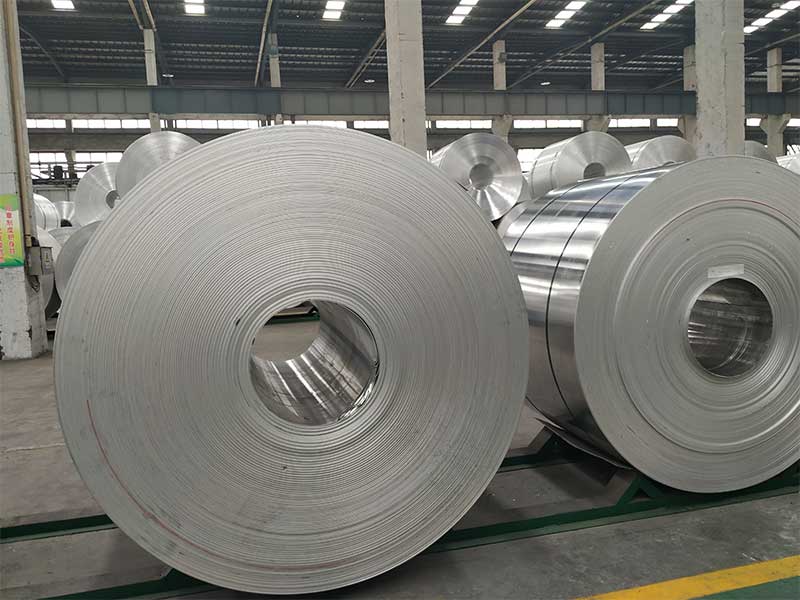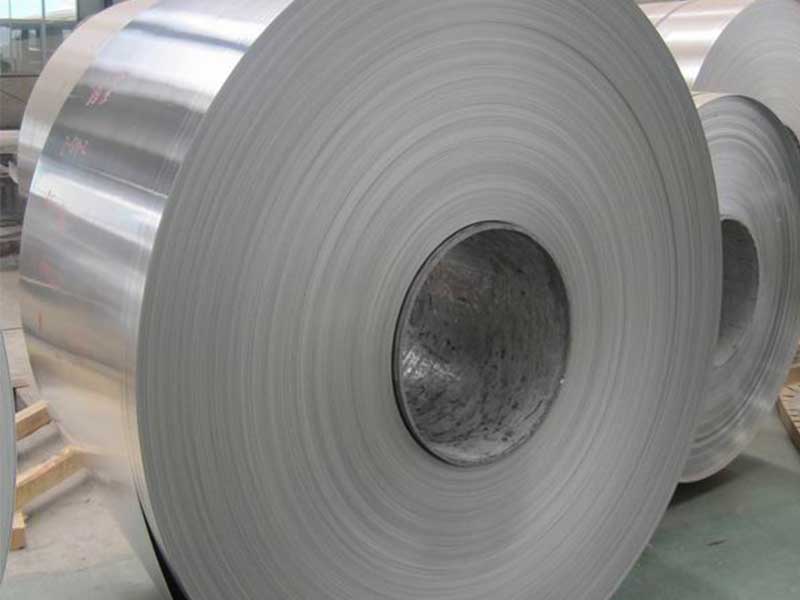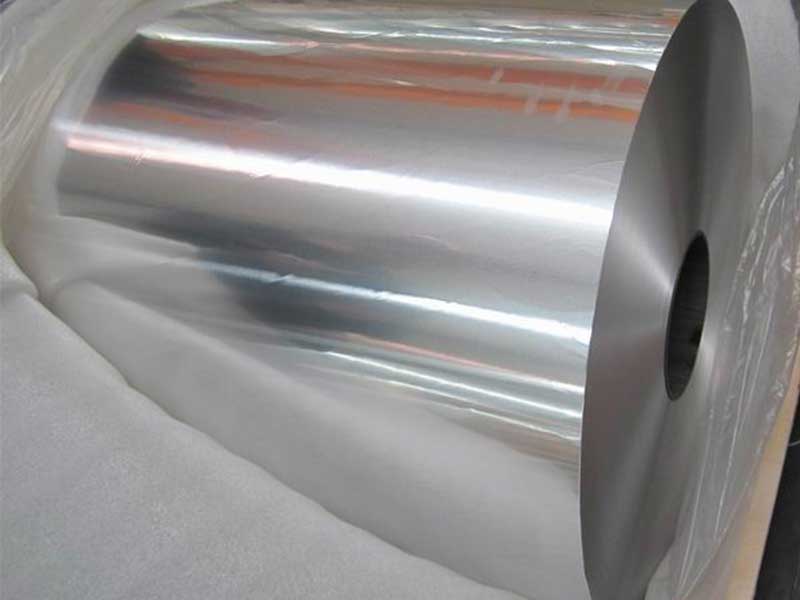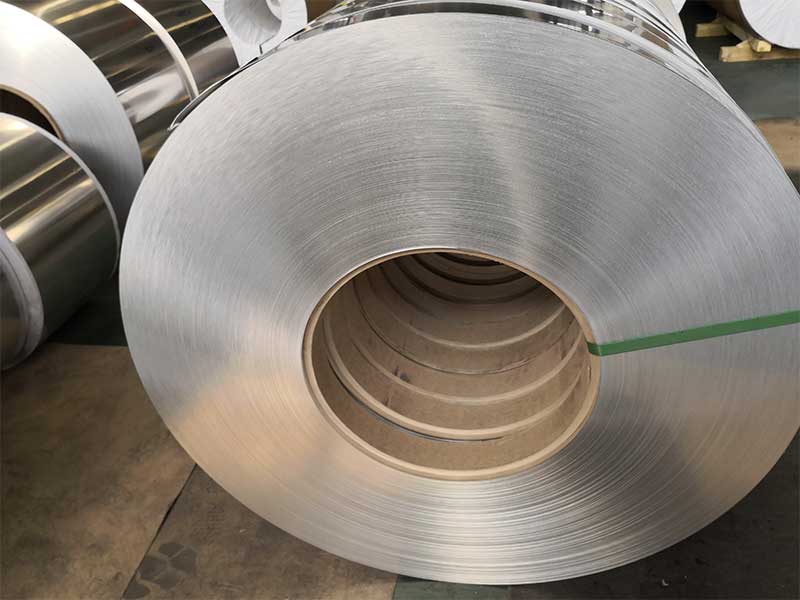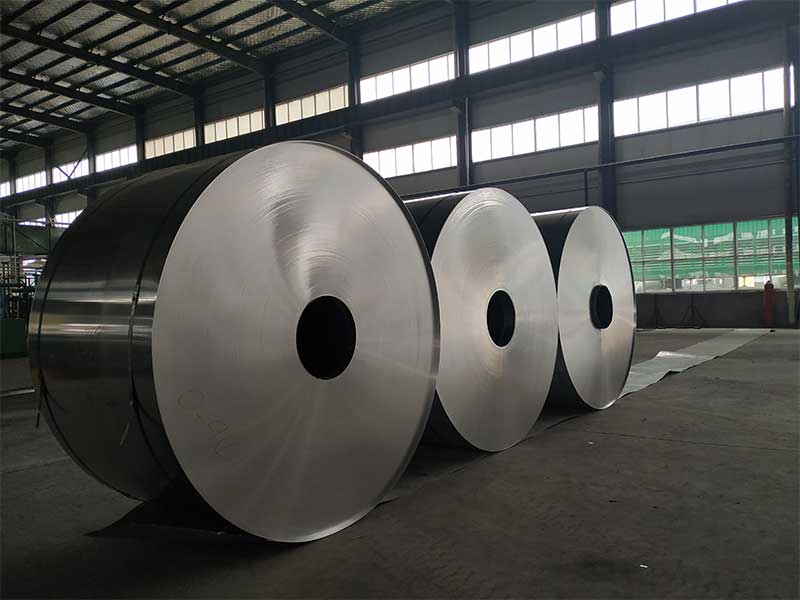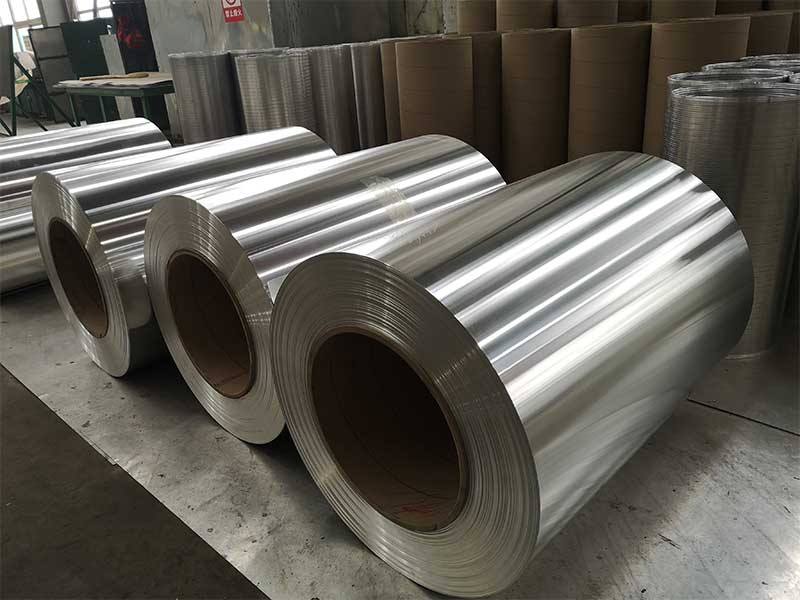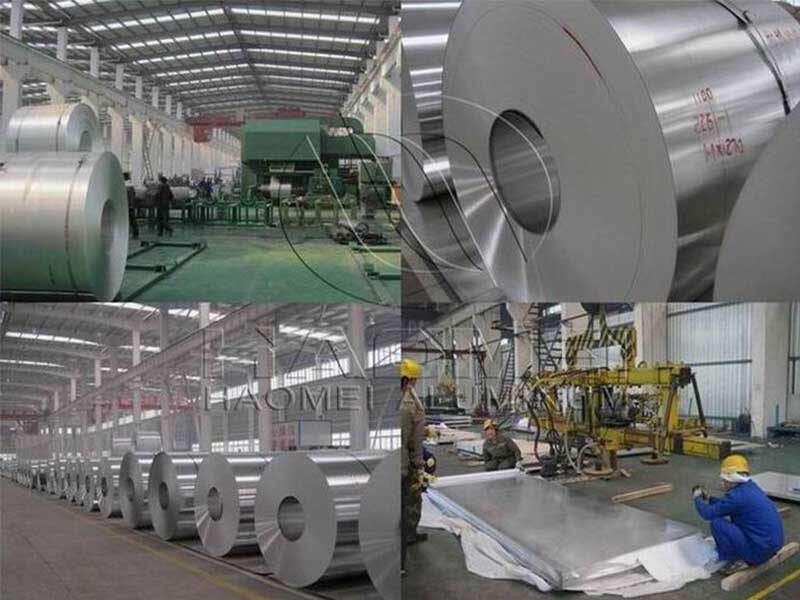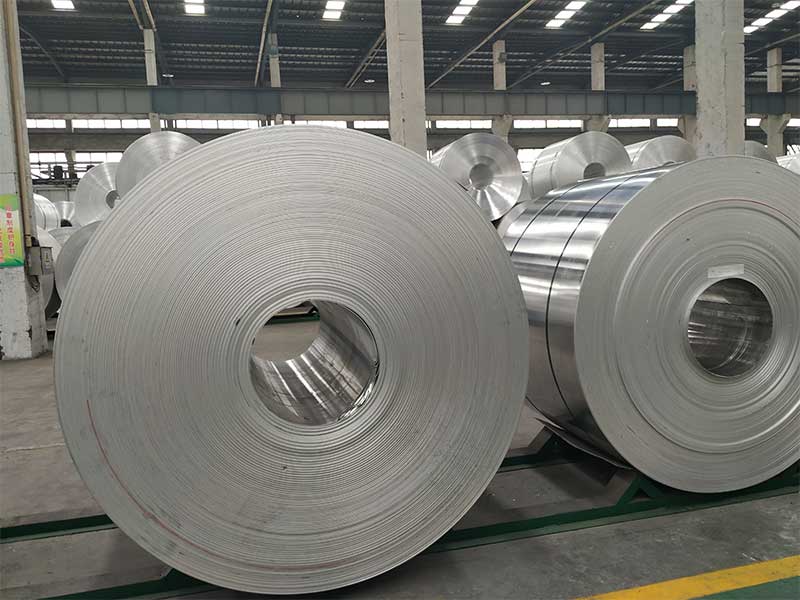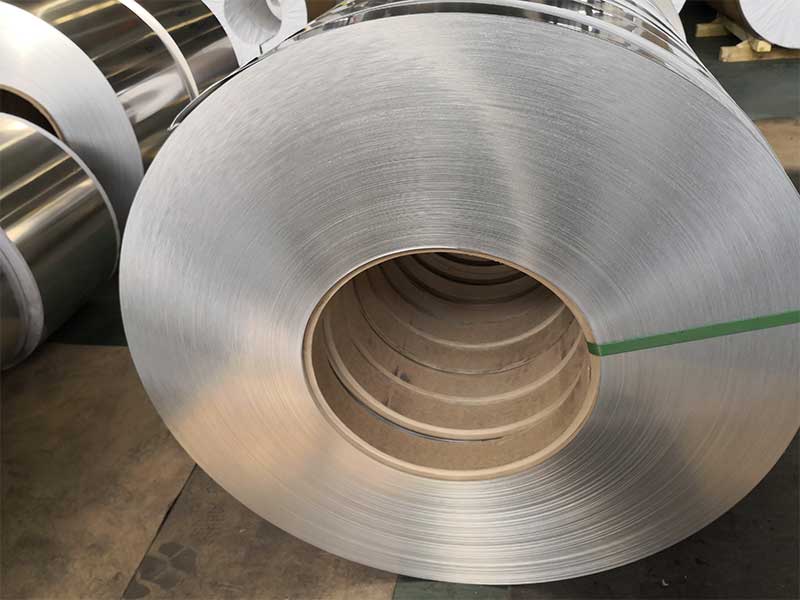2025-01-20 https://www.aluminum-coils.com/a/aluminium-coils-1050-1060-1070-1100.html
Unveiling the Versatility of Aluminum Coils: 1050, 1060, 1070, and 1100
Aluminum coils are essential components in diverse sectors, offering numerous advantages due to their lightweight nature, high conductivity, and resistance to corrosion. Among the variants of aluminum coils, the 1050, 1060, 1070, and 1100 series is know for their specific attributes that cater to different needs.
Working with 1050, 1060, 1070, and 1100 aluminum coils daily, I've developed a keen appreciation for their subtle differences. While all are part of the same alloy series, known for their high purity and excellent workability, each has its own personality. The 1050, the purest of the bunch, is incredibly soft and easy to form, almost too much so for certain applications. We use it extensively for deep drawing and applications requiring exceptional corrosion resistance. The 1060 offers a slight increase in strength, making it a solid middle ground – a workhorse for general applications where formability and corrosion resistance are both important. 1070 offers a noticeable jump in strength compared to its siblings and sometimes requires more careful handling during processing to avoid tearing. Finally, the 1100, though still very workable, demonstrates a noticeable difference in strength and is preferred when a bit more structural integrity is needed while retaining good formability.
Beyond the technical specifications, I've noticed fascinating nuances in how these alloys behave during the manufacturing process. For instance, the 1050's softness can lead to more surface scratching during coil handling, requiring extra care. Conversely, the slightly increased strength of the 1100 can sometimes cause more strain on our equipment during the rolling process. these subtleties – the subtle variations in
the Alloys: A Technical Breakdown
Aluminum alloy series are classified based on their chemical composition, and the series from 1050 to 1100 fall under the 1xxx classification, which means they are made of 99% aluminum or higher. This elemental structure gives them certain properties that are invaluable across industries.
-
1050 Aluminum Coil: Known for its excellent corrosion resistance and high electrical conductivity, the 1050 coil is often selected for applications that require non-reactive and impulse-required work environments. Its main function lies in the production of electrical conductors and heat exchangers, where efficiency is crucial.
-
1060 Aluminum Coil: Similar in classification to the 1050, the 1060 aluminum coil differs slightly in its strength and ability to withstand increased temperatures. It is widely used in the chemical and food processing sector. Its non-toxic nature makes it ideal for food container manufacturing, providing a lightweight and durable option for packaging.
-
1070 Aluminum Coil: This variant provides considerable enhancement in mechanical properties compared to 1050 or 1060. Often employed in industries ranging from electrical applications to communication systems, the 1070 aluminum coil comes highly recommended for applications like bus bars and transformer windings, where both weight reduction and heat conductivity are critical.
-
1100 Aluminum Coil: Recognized for its overall versatility, this aluminum coil not only maintains the traditional properties of the others in the series but also exceeds, due to its exceptional forming characteristics. It frequently sees usage in applications requiring extensive shaping and manipulation, such as cooking utensils, heat exchangers, and tank manufacturing.
The Functionality Across Industries
The myriad applications of aluminum coils from these series reflect their inherent properties and advantages:
-
Electrical Applications: The conductivities presented, especially in the 1050 and 1070 series, showcase significant advantages in applications like power generation wiring, where efficiency translates directly into cost savings and enhanced performance.
-
Construction and Building: With growing emphasis on lightweight and durable materials, construction companies are moving toward aluminum breeding modules and roofing sheens from the 1060 and 1100 series. These options favor durable finishes and simplistic installations while maintaining an aesthetically pleasing facade.
-
Marine and Automobile: The resistance to corrosion presented by these alloys makes them ideal for marine environments and automotive parts. The sleek, strong structures derived from aluminum coils demonstrate ideal responses to both air resistance and physically taxing conditions.
A Future Surveillance - Leaning Toward Sustainability
the unique competencies within these aluminum coils goes beyond mere tool-making principles. The world is transitioning towards sustainable practices, and aluminum, by design, is recyclable. This brings manufacturers and consumers to a point where utilizing materials like 1050, 1060, 1070, and 1100 blends minimal environmental impacts with superior advancements in functionality.
The prospects are promising; equilibrium between performance and eco-friendliness will steer further innovations in aluminum processing and application, particularly as the demand for lightweight materials persists in automation and smart technology sectors.

